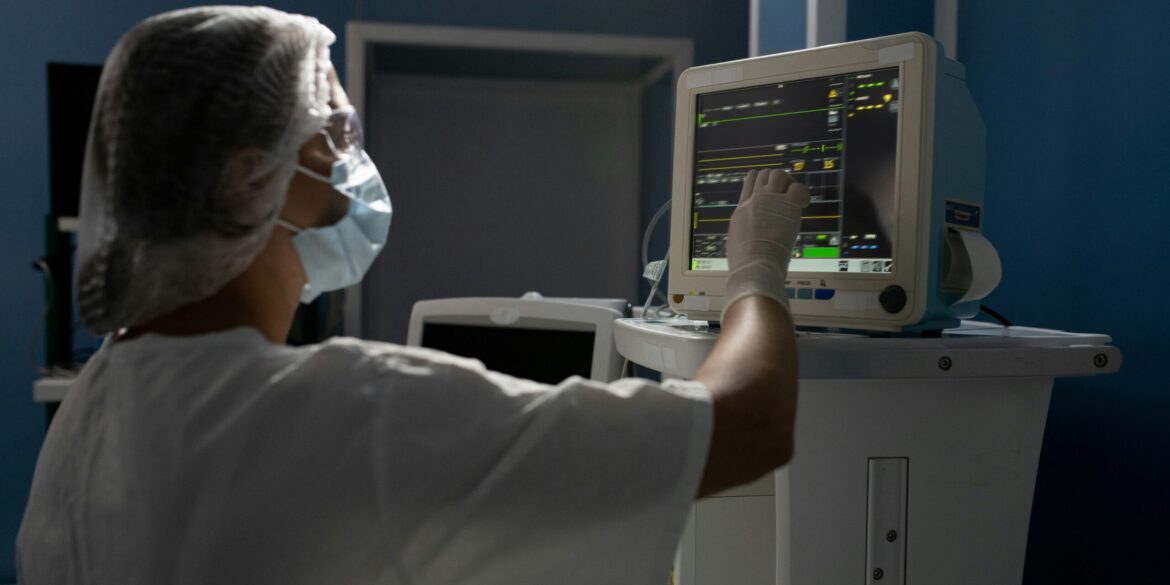Researchers at Northwestern Medicine have made a significant breakthrough in the field of preventive cardiology with the development of a comprehensive genetic risk score designed to predict an individual’s likelihood of developing dangerous heart rhythm disorders. This new tool, which was unveiled in a study published on November 17, 2025, offers a promising advancement in identifying high-risk patients before they experience symptoms. The heart rhythm disorder known as arrhythmia involves irregular or uncontrolled heartbeats, which can lead to life-threatening conditions, including sudden cardiac arrest. This genetic risk score aims to change the way doctors predict, monitor, and treat such conditions.
The development of this genetic risk score is a major milestone in understanding how genetic factors contribute to arrhythmias. The tool incorporates a variety of genetic variants and biomarker pathways that are known to be associated with heart rhythm disorders. By combining these genetic insights, the researchers have created a unified model that provides a more precise assessment of an individual’s risk for arrhythmias. This approach allows doctors to identify patients who might be at a higher risk of developing heart rhythm problems, even before any physical symptoms arise.
One of the most promising aspects of this development is the potential to improve patient care by enabling earlier intervention. With this genetic risk score, clinicians can stratify patients more accurately and take preventive measures much sooner than currently possible. This could mean that patients identified as high-risk could benefit from closer monitoring and potentially more aggressive treatment strategies, reducing the likelihood of experiencing sudden cardiac events, which are often fatal. For instance, individuals at high genetic risk could undergo regular testing or be prescribed medications aimed at regulating their heart rhythms. In turn, this proactive approach could greatly reduce the number of preventable heart-related deaths and complications.
Although the tool is still in its early stages and has not yet been widely implemented in clinical settings, the researchers are optimistic about its future applications. They believe that with further validation, this genetic risk score could eventually become a standard part of cardiac care, especially for those with a family history or other known risk factors for arrhythmias. The next steps include testing the tool’s effectiveness across a broader and more diverse population to ensure that it works equally well for all patients, regardless of genetic background, ethnicity, or other variables. Additionally, the researchers are focused on integrating the score into routine medical practices, so it can be used alongside traditional diagnostic methods to enhance the overall treatment of heart conditions.
For those interested in the future of medicine, this development is a key example of how genetic insights are transforming healthcare. Personalized medicine, which tailors medical treatment to individual characteristics such as genetics, is rapidly becoming a reality, and this genetic risk score is a significant step in that direction. By anticipating risk before symptoms manifest, doctors can help prevent heart rhythm disorders from progressing to more severe and dangerous stages. Ultimately, this could lead to better outcomes for patients and a major shift in how heart disease is managed. The ability to predict heart rhythm problems through genetic analysis represents not only a leap forward in preventive cardiology but also a critical move toward more individualized, effective healthcare solutions.

